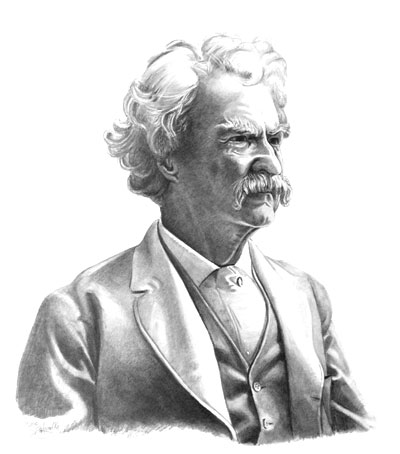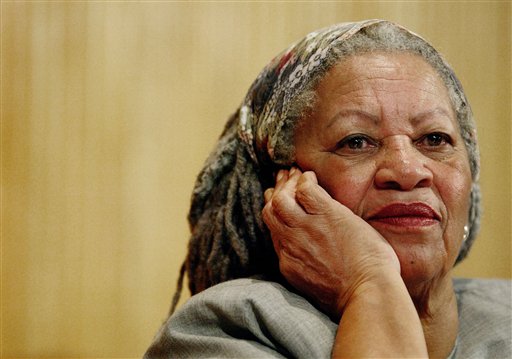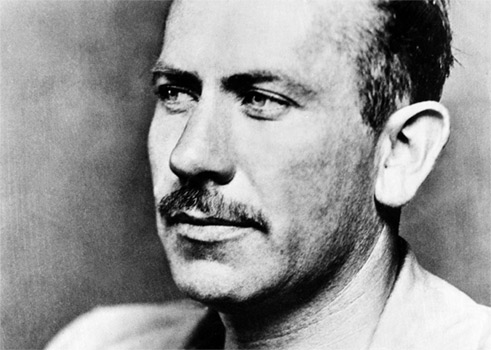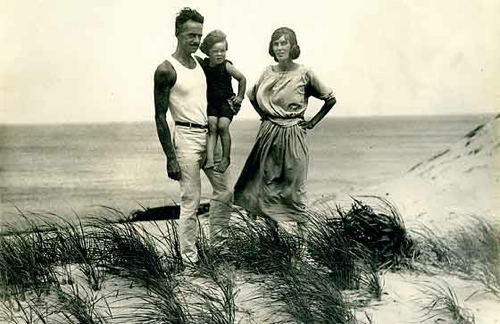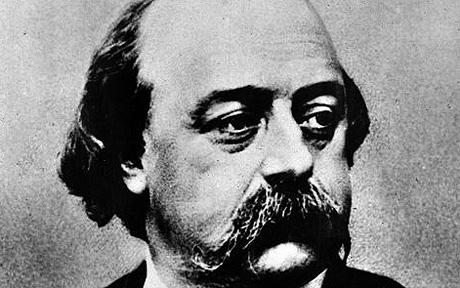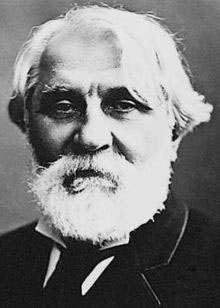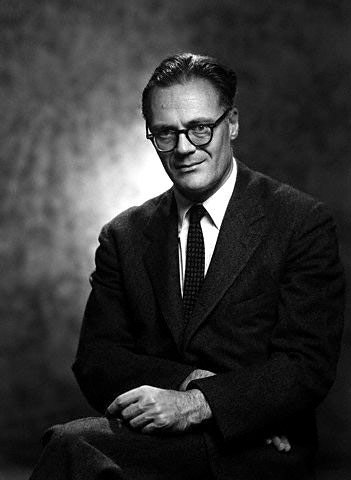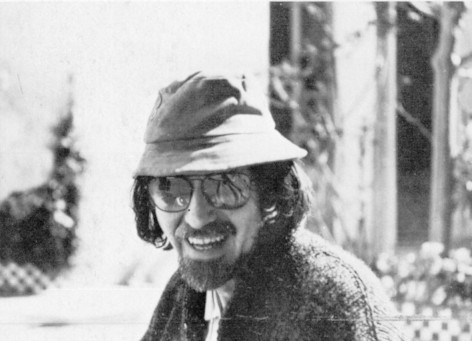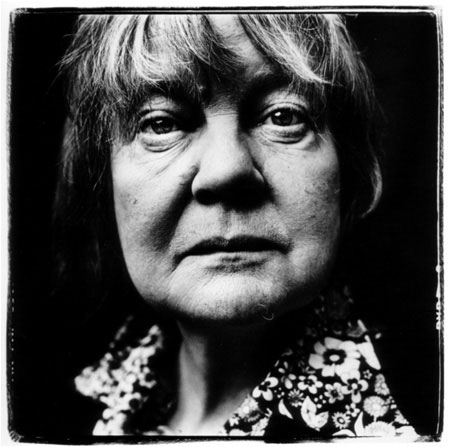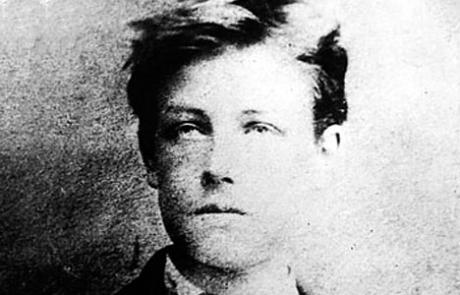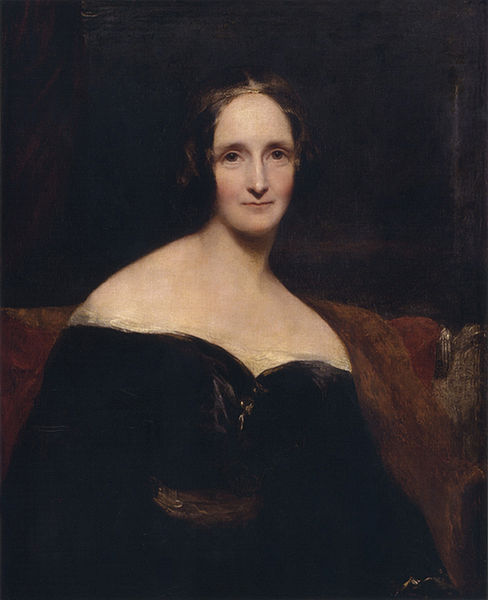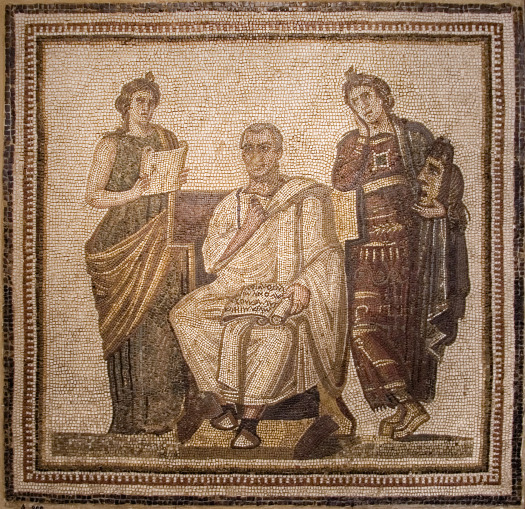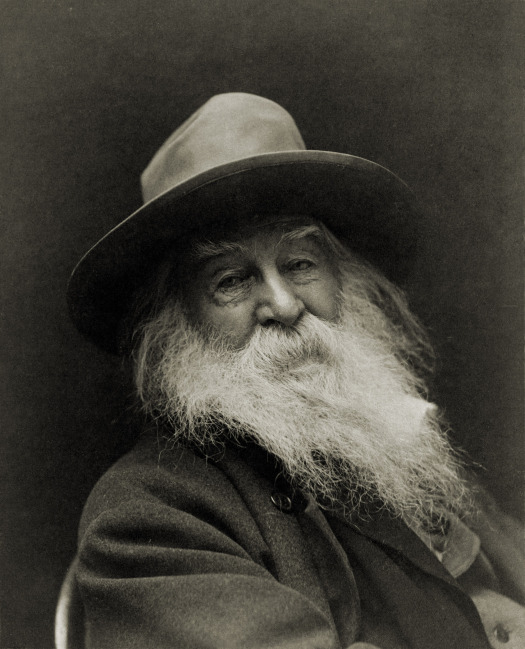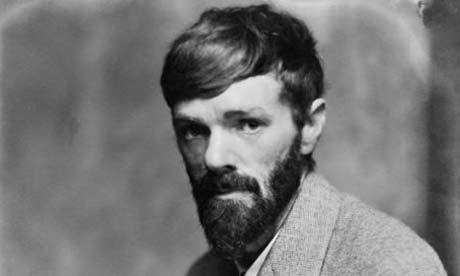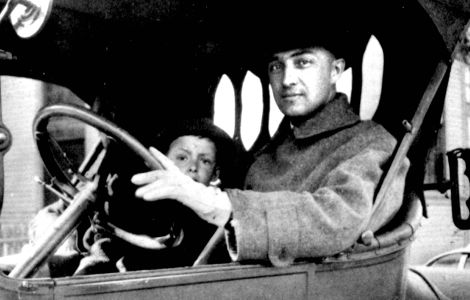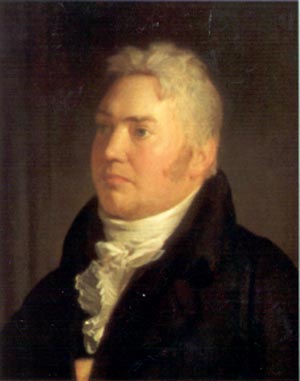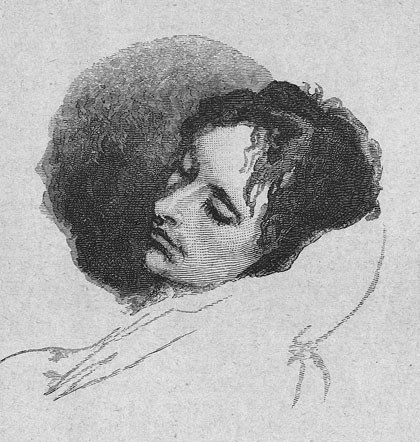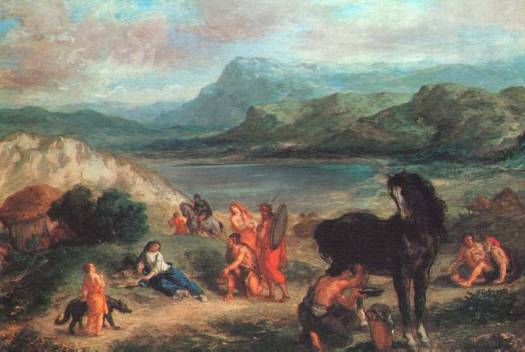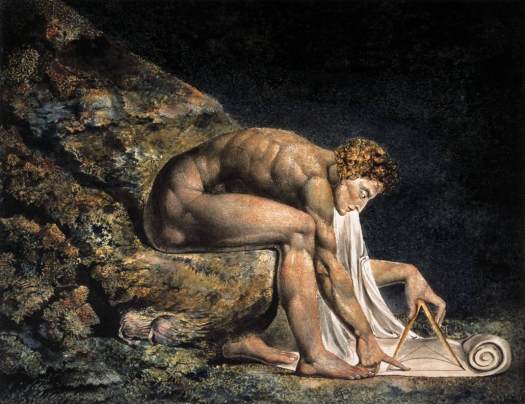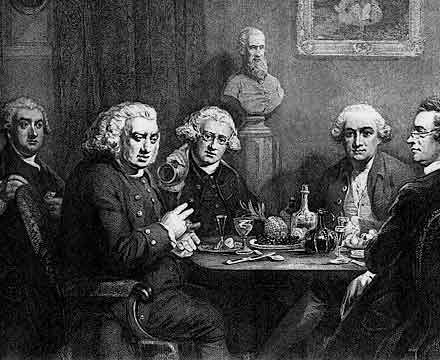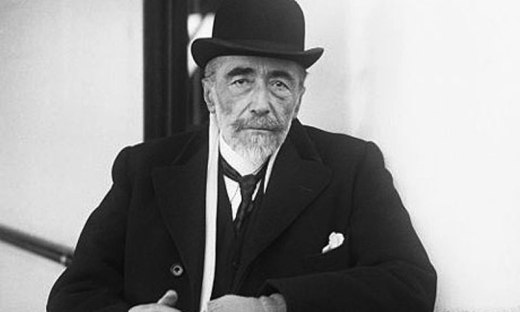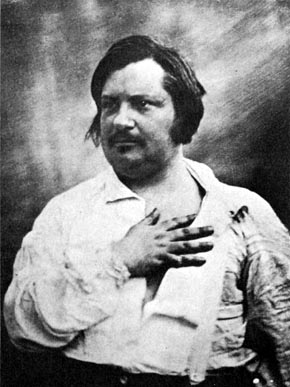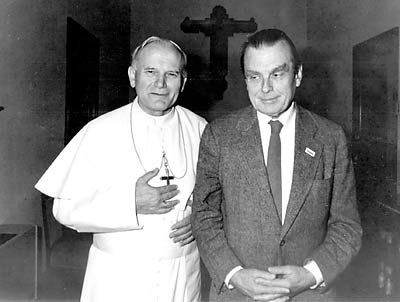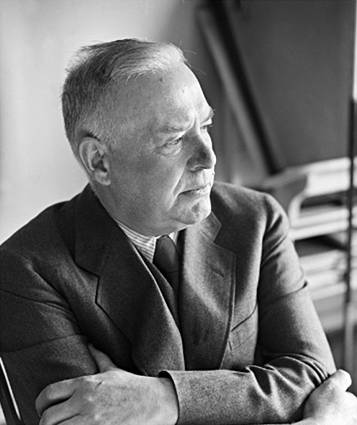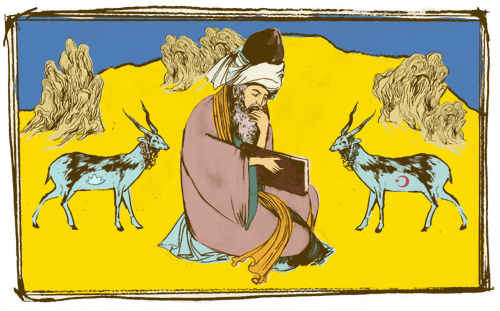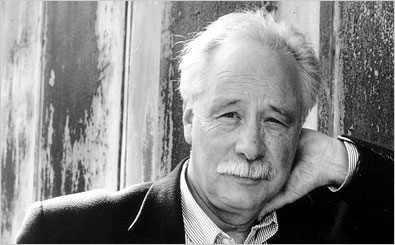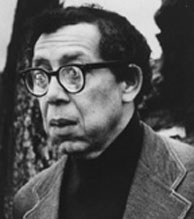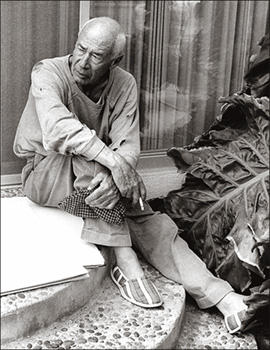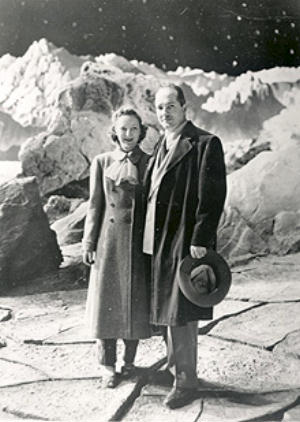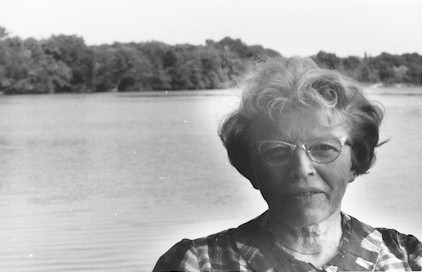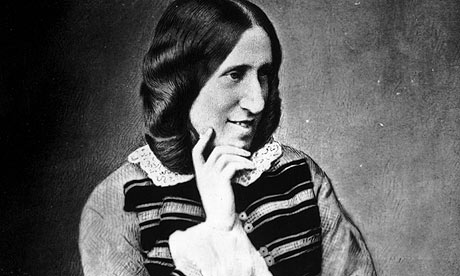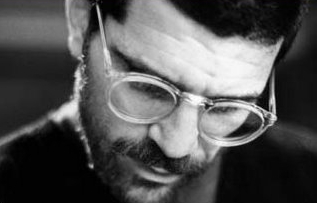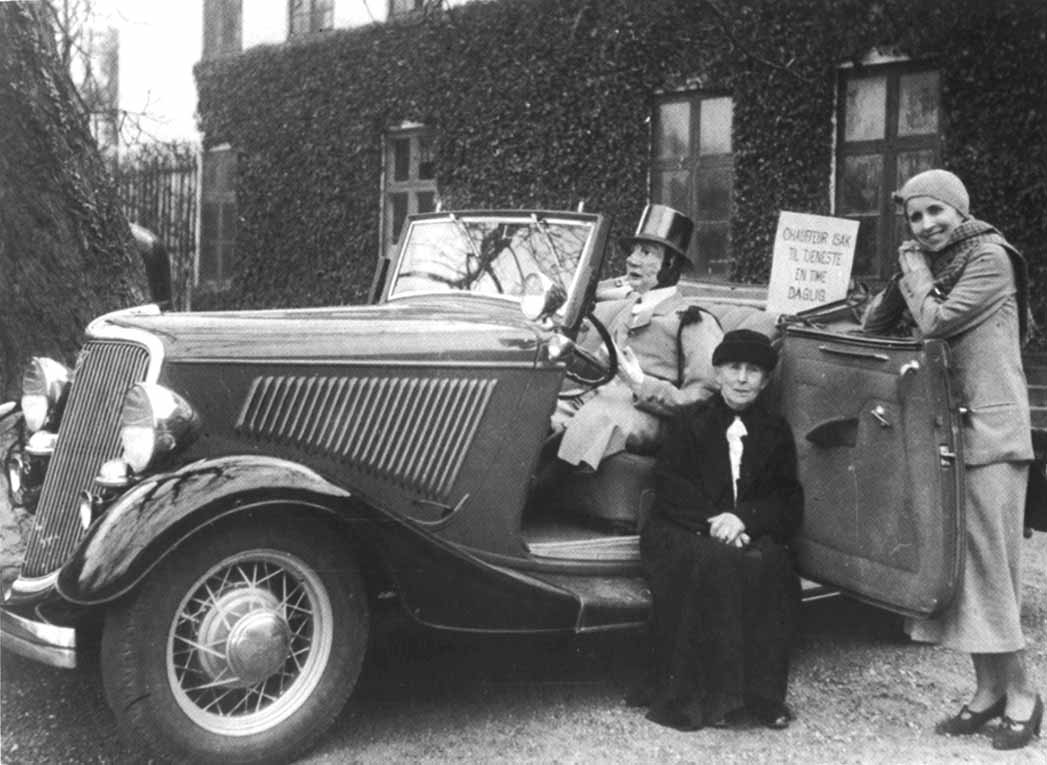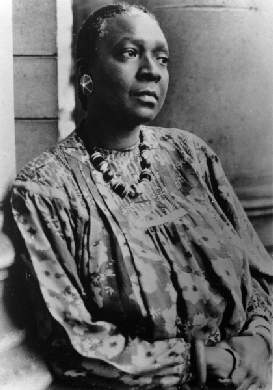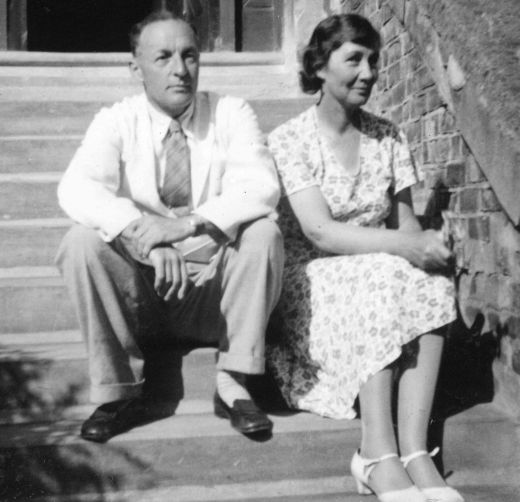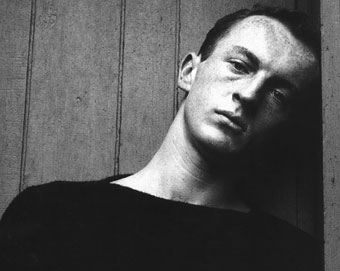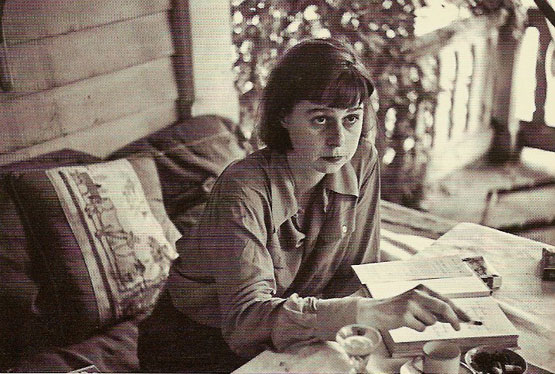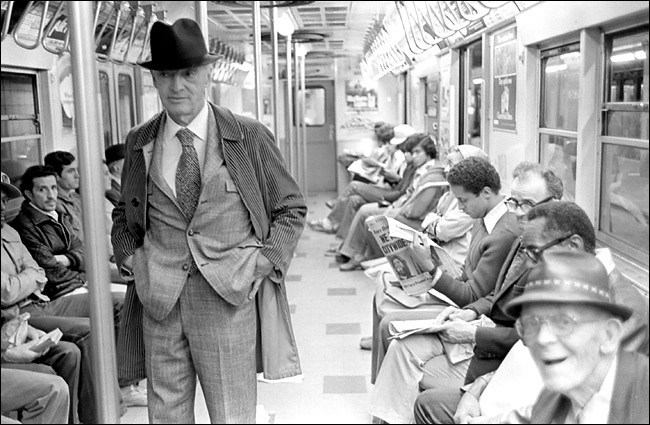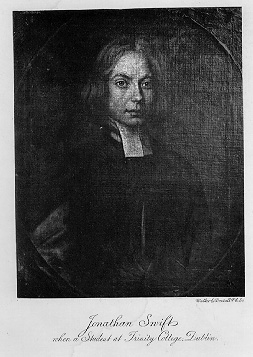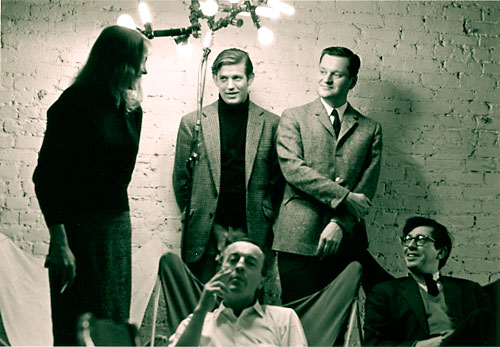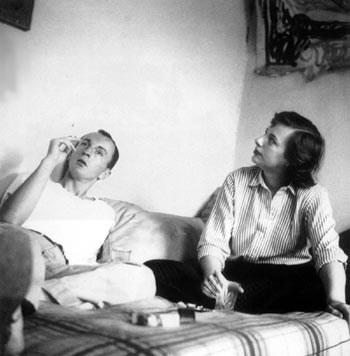 BOOKS
BOOKS In Which We Step Back From The Light Of Thomas Lanier Williams
 Thursday, November 28, 2013 at 10:12AM
Thursday, November 28, 2013 at 10:12AM 
The Broken Mirror
by ALEX CARNEVALE
Not that I like being struck, I hated it, but the keenness of the emotional situation, the material for art.
The notebooks of Thomas Lanier Williams, called Tennessee, retain the defining characteristic of all his writing - they are a half truth. These entries admit much, but not everything. They attempt to explain circumstances, as best they can, but come short of encapsulating his positions in a single artistic or philosophical statement. Surety was a luxury for others who had more enthusiasm for such things. From his point of view, there was a far more pressing dilemma: how could a person so eminently incomplete transcend this in his art?
 the cover of Williams' 1941 notebook
the cover of Williams' 1941 notebook
3/12/41
Wednesday night.
Very blue. Very down hearted. Thoughts of despair in my feverish head. Very sick last night. Raging fever and pounding heart. The grippe I suppose. Tormented till daybreak. Then felt asleep and woke much improved, fever gone, but weak. Spent the day walking idly about Tampa — wound up at a movie, the usual anesthesia. Visited a bar with plump child-like B-girls & soldiers — called The Broken Mirror.
Home & read a detective story account of the bestial treatment of prisoners in Alcatraz — which made me feel even worse. I feel helpless, unprotected. This little moratorium seems to have stretched its limit and I have written no long play nor do I have a reliable idea for one — and my eye looks worse and I am unbearably shy and had no luck at sex for several weeks.
So I feel wretched & frightened, more than usual.
Tomorrow I will pack off to St. Pete and the beach — God be merciful. Truly.
Thursday, AM.
Just now coughed and spit up a bloodstained phlegm — first time since Mexico. Wasn't even interested really.
Okay. Now we pack up and invade St. Pete and brave the terrors of general delivery. My agent's letters are frightening to me cause I never know when they will pronounce my doom.
Later —
Well, I have arrived in St. Pete and I have a dollar room for the night. Got here in the rain. Fever, headache. Very weak and aching. Lie in my room with a copy of Time.
Audrey's letter contained a cheque without comment. She is bored & irritated no doubt.
A sweet letter from Mother enclosing $5.00 check & May Wright address. I think I will be all right when the sun comes out and this fever passes. A fever is optimistic and imaginative and poetic. The poet's best friend is three degrees of fever.
I have cut out coffee & cigarettes last 2 days. will try to keep it up. so long.

The two defining memes in Williams' notebooks are (1) the search for sex with other men and (2) complaining about his lack of health. Surprisingly, he is quite humble about both of these subjects. (His work was the centerpiece of his confidence; life demanded at least some caution lest his carnal desires destroy him completely.) While he was not above trolling the local bars for intimate companions, it's evident that Thomas Lanier was a quite lonely man, and it is not merely sexual satisfaction but true knowledge of his partner that he craves.
8/12/41
Monday a.m.
America entered the war yesterday, against Japan. Dirty business. I knew some boys on the S.S. Oklahoma reported afire in Pearl Harbor.
 on the beach in santa monica
on the beach in santa monica
12/18/41
Thursday —
Been back in Nola. about a week.
Crisis is Approaching in my life.
Completing re-write of "Stairs to the Roof" by forced marches. wearing out my nerves - physical wreck - nearly explode every evening.
Restless search for sex — fruitless, and tortured.
I look awful — Clothes shabby, eyes bleared.
Too nervous for any social composure. Feel little hope of production for a play. A commendable efffort — no more I'm afraid. A frantic little caged beast — Me!
En Avant!

12/19/41
A lover tonight. Picked up in Mack's bar. Nice not very goodlooking but pleasant exercise. Gay.
It is about 3:30 a.m. Heart pounding so I can't sleep. The old ticker has been taking a beating lately. Too much coffee. I suppose I am digging myself a grave. But what else would I do? — Today very bitter — play seemed bad. Only the athletic club pulls me thru these days - the hot shower the swim — the quiet, sedative reading room. What will it come to? Yes, the crisis is surely approaching I could probably go on skidding downhill quite a ways — but I am more likely to improve my fortune or crack up.
O how sleepy — Just taken a mebaral — peace except for heart. O how sweet peace is. I am not afraid of death anymore. I am clean and white like an old bone. There is nothing left. Yes. I am purified in a way.
 thomas' mother and Grand
thomas' mother and Grand
There is a tendency to look back at the careers of those we know so well and imagine they enjoyed success in their field at every opportunity. It was famously untrue of Fitzgerald, and although critics, agents and readers immediately saw value in Williams' work, his fiction in particular received a hazy reception. More clear was his marvelous ear for dialogue, for putting all of something in a glib phrase that represented it, and this ability was most obvious to others in his plays.
12/21/41
Sunday night
Oh last night I was drunk and I kissed Otto and Jerry — the lovely, the young — I charmed them with my rare gaiety and wit — so seldom it flowers but when it does it is fine.
They gave me their lips freely, warmly — and we left them alone with each other to make love. Till 6 a.m. I tagged along with an attractive soldier but finally gave him up as he fell into the clutches of a female whore. Returned home and found Frank had collected an attractive blond youth. He slept between us and the nightingales chirped a little. But I was judicious & respected F's priority tonight.
hungry — broke
Heart bad — I think we draw near the close. So? - Byebye.
I talk about extinction. But do I believe it? Am I not rather inclined to think some startling good fortune is coming?
 set design for production of "Cat on a Hot Tin Roof"
set design for production of "Cat on a Hot Tin Roof"
1/6/42
Tuesday — I have just acquired this new eversharp pencil.
It is 11:15 p.m. I am reading the opening pages of Proust in a book I inadvertently confiscated from the library of the University of Iowa. It is one of the 3 books I own. My collected letters of D.H. Lawrence was acquired in the same way, but deliberately from the public library in New Orleans. Hart Crane was given to prevent me from stealing it "from an idiot."
Why this discussion of my library?
I am frightened thinking of the changes or rather the increased vicissitudes the war might create in my life. I suppose if it did not affect me personally my feelings about it would be only abstractly regretful. Things have to impinge on my own life to matter to me very much. Is that the way with most people? Yes. I am sure that it is.
 self portrait of the artist
self portrait of the artist
Well, I have been here about a week — no swimming, just sitting around, writing, eating, going to movies, relaxing in the effortless matrix of "home" created by Grand and Mother and grandfather. Bad for my figure, not much good for my soul. When have I ever done anything for the benefit of my soul? Horse shit.
Well, I must get moving. Where? Undecided as never before. A letter from Audrey will probably precipitate a decision. Macon? New York? Back to New Orleans? Or even, Florida — Mexico? Mexico City would be lovely, wish it were possible.
No, I feel no desire to participate in war work.
O, I might would be glad to be a Florence Nightingale if I could but — incompetent and lazy me. Thank god I don't have to go to camp or fight.

Proust writes, "For a long time I used to go to bed early."
Dear selfish, shameless, heroic, honest sissy — Proust.
We would have understood each other, my dear. How we might have "dished" the world in that cork-lined room of yours. I wonder if you turned over and would I ! heavens!
C'est assez Good night.
Later
Proust bores me tonight — I find myself, "No it isn't quite that involved, dear boy, at least not quite that involuted. The involvement is not so subject to analysis as you make it. A little more impressionism, please!

Williams did have one relationship with a woman. As you might imagine, it was short lived. He doted on his boyfriends, who were routinely younger and less experienced than he himself. He tended to live somewhat in fear of their departure, although he possessed an intense charisma that usually drew people into his orbit.
8/24/42
This evening a stranger picked me up. A common and seedy-looking young Jew with a thick accent. I was absurdly happy. For the first time since my arrival here I had a companion.
I took him all over town, bought him a beer, found him a place for the night. He was a hitch-hiker with a bag of cheese and rolls for food.
It was like cool water after hot thirst, just being with somebody. Left me quiet and relaxed.
I went home and read Robinson Jeffers' extraordinarily good-and-bad verse.
This afternoon I wrote and it was no fun but I got some probably not so bad work done.
No mail. Tomorrow?
The New York silence disturbs me. I guess it will have to be home for a while, at least.
Feel not bad tonight.
Hungry — very little to eat.
Salad for supper.
Milk for lunch.
Coffee for breakfast.
Bon nuit

12/18/42
From five o'clock on I am alone. I swim, exercise, and go out alone to the movie. I return and the floor is quiet. My former friend, the dancer, is in a room with someone else. Desertion!
But last night I had a sudden and hot affair with a party from Wisconsin. I was told that I had a lovely body and the compliment was apparently sincere. As we increase the distance from our youth, such speeches have more and more pathetic value to us. It used to be taken for granted, that we were as desirable to the other as that one is to us. Now we seldom are or we do not see how we could be, for we pursue the younger and lovelier than ourselves — Why do I write in the plural? Is it too sad to say "I"? But I don't think much about losing my youth. It happens and is accepted gradually. I feel very young. In a way. And in a way very old. I do not feel the time sense of much longer living. No, it seems as though it would not be long to the finish. But I started feeling that a number of years ago.
I want to go back to creation.
Strongly, brightly, with a fresh and free spirit and a driving power.
To do the monument.
So long.
 with donald windham Williams never attempted much in the way of criticism, but his taste was impeccable. In the following excerpts, he relates his first and ongoing experiences with his peers and progenitors.
with donald windham Williams never attempted much in the way of criticism, but his taste was impeccable. In the following excerpts, he relates his first and ongoing experiences with his peers and progenitors.
Anton Chekhov
Why can't I write like Chekhov? I could gouge my good eye out because I can't do something lovely and haunting like "The Sea Gull."
Thomas Wolfe
Scene after scene has the stamp of genius on it.
Whether the total effect will be as powerful as the parts is a question doesn't modify the fact that here is a man who has left his stamp on our human consciousness — and a very great stamp it is.
The picture of Webber's homecoming — particularly Randy and his boss — are as fine as anything of the kind I have seen — finer — Men like Wolfe — and the mess of this world — how do you reconcile it? You don't — can't. The world is ruled by Randy's bosses. The Tom Wolfe's are observers — but their work makes them a threat to their evil masters. They lift the scales from the slaves' eyes - if the slaves dare to let them.

William Saroyan
Saroyan is likeable enough with his somewhat calculated but fresh candor and probably has for many a charm. I felt too much space between us.
Miguel de Cervantes
Love him.
Hart Crane
I've been reading a lot of Hart Crane's poetry — like it but hardly understand a single line — of course the individual lines aren't supposed to be intelligible. The message, if there actually is one, comes from the total effect — much of it has at least the atmosphere of great poetry — it is a lot of raw material, all significant and moving but not chiselled into any communicative shape.
 TLW's New Orleans
TLW's New Orleans
Andre Gide
Miss Gide seems to have been an old auntie all her life! Her writing has never moved me though I observe its excellencies. She is a bit dry for my fruity tastes. I doubt that she and I would have hit it off — still, she has some qualities I would enjoy. However I don't have the impression, from her journal, that she liked anyone really very deeply except Miss Gide, whom she pretends to deprecate but whom I think she regards as a girl of destiny pretty much all the way through.
Perhaps I envy the length and felicity of her days.
D.H. Lawrence
When I met other writers, I knew without knowing how different altogether Lawrence was. They may have been good writers, but Lawrence was a genius.
Friedrich Nietzsche
"The higher we soar the smaller we appear to those who cannot fly."
Was it possible that all things could be so useless and indefinite as Nietzsche made them look?

November 1947, letter to Pancho Rodriguez
In my life there has been so much real tragedy, things I cannot speak about and hardly dare to remember, from the time of my childhood and all the way through the years in between that I lack patience with people who are spoiled and think that they are entitled to go through life without effort and without sacrifice and without disappointment. Life is hard. As Amanda said, "It calls for Spartan endurance." But more than that, it calls for understanding, one person understanding another person, and for some measure of sacrifice, too. Very few people learn until late in life how much courage it takes to live, but if you learn it in the beginning it will be easier for you...
Of all the people I have known you have the greatest and warmest heart but you also unfortunately have a devil in you that is constantly working against you, filling you with insane suspicion and jealousies and ideas that are so preposterous that one does not know how to answer them. It is a terrifying thing. You must face it and make a determined effort to master it now before it becomes too well-established.
 with his brother
with his brother
"Body Ache" - Britney Spears (mp3)
"Don't Cry" - Britney Spears (mp3)
The new album from Britney Spears is entitled Britney Jean, and it will be released on November 29th.
 with his sister rose
with his sister rose






























